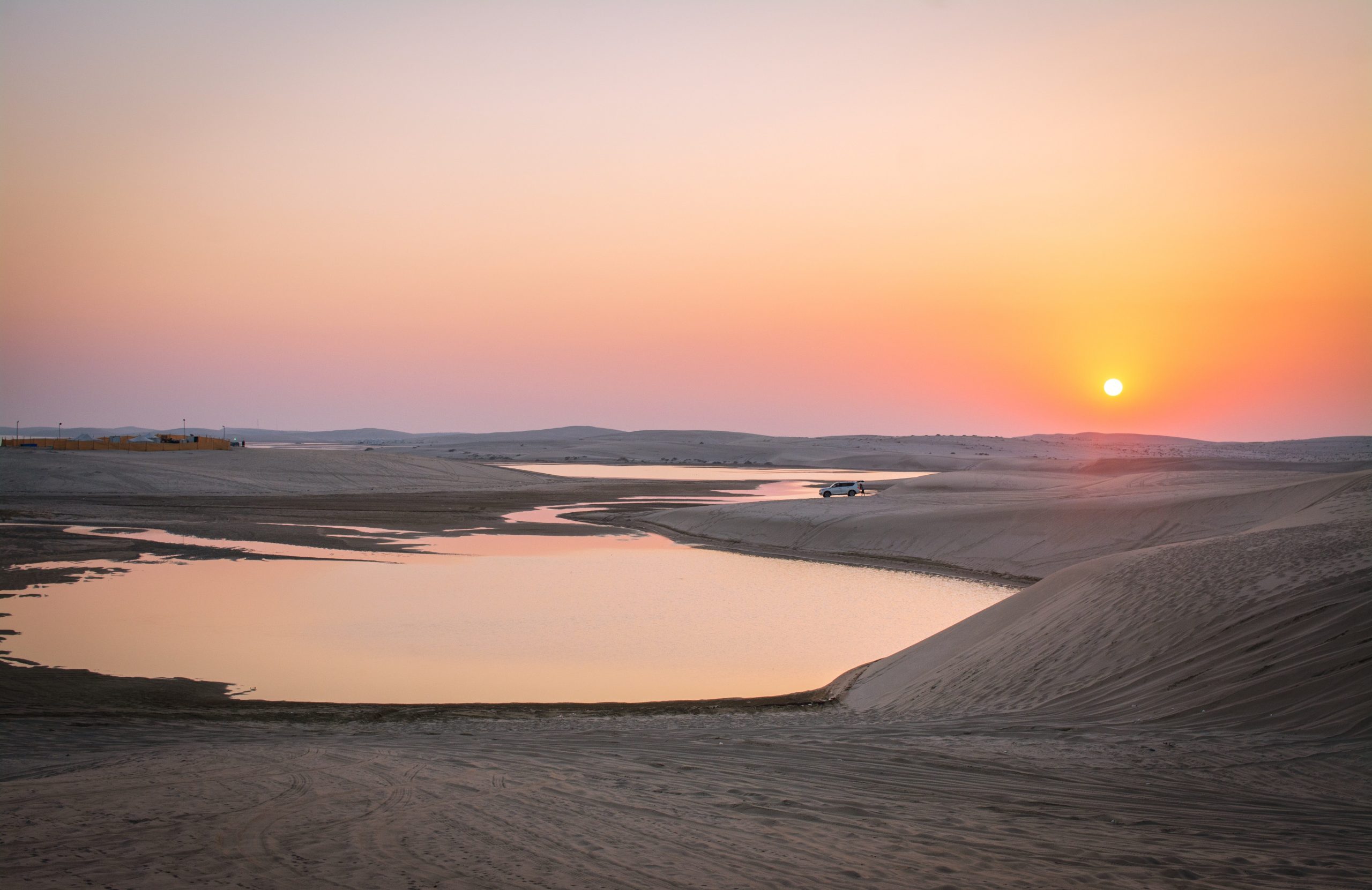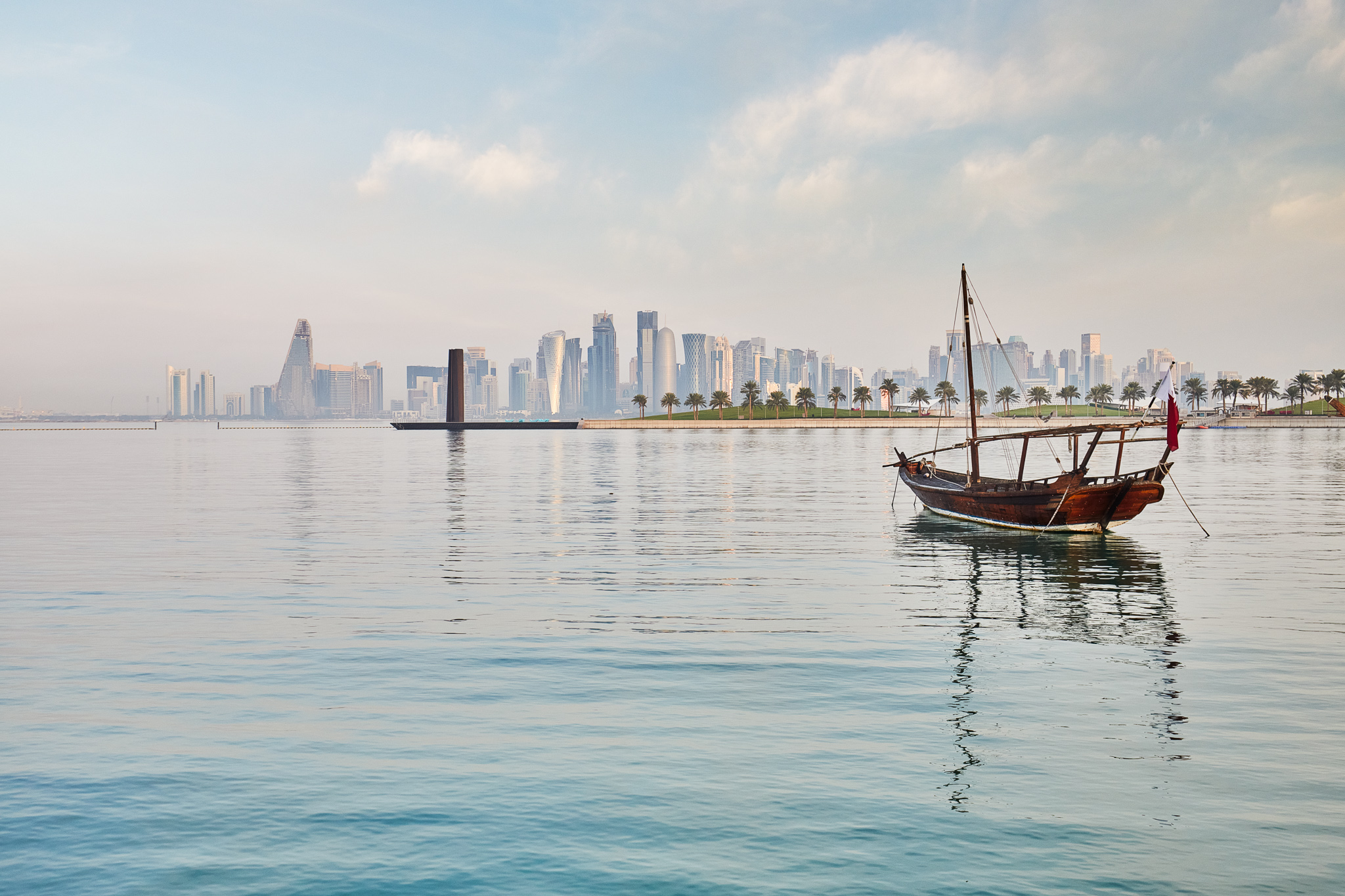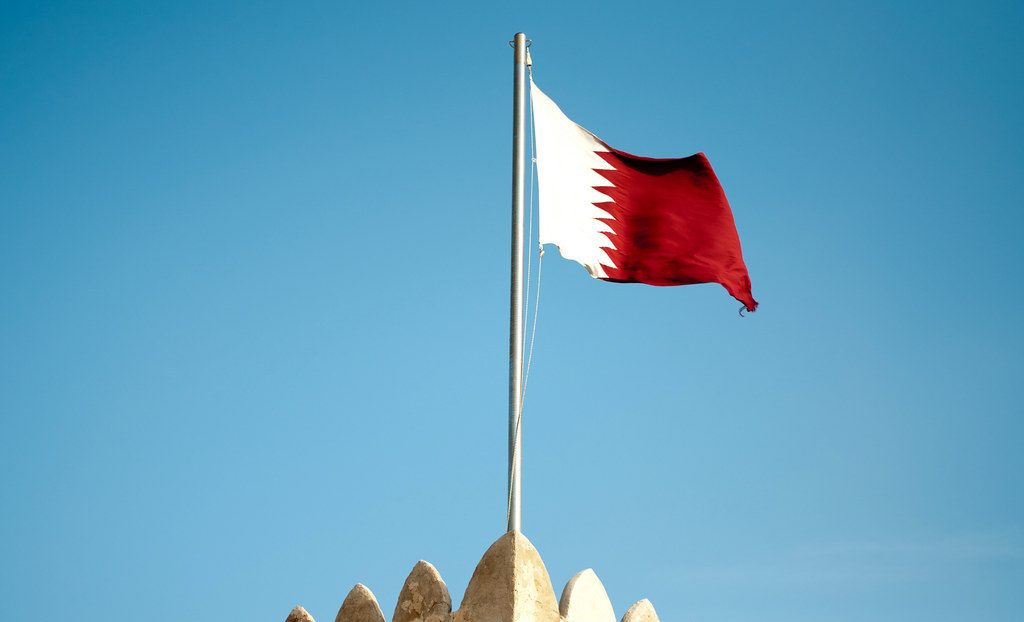
As the 2022 World Cup approaches, Qatar has come under increasing media scrutiny. Many journalists are producing critical pieces relating to human rights conditions in the country.
In this opinion piece, Qatari Shaikha Al Mudahka analyzes the coverage and argues that her nation is being treated unfairly by the world’s press.
The modern world is one of 24/7 news bulletins, and there is no news like bad news.
The western media in particular is feasting on a climate of fear and corruption, from the US election to the UK’s departure from the European Union, and Qatar finds itself firmly in the sights of these purveyors of concern.

Misinformation is rife in the media regarding Qatar’s labor laws and rights, particularly those surrounding the construction industry.
With the country caught in the eye of the recent corruption storm that surrounds FIFA and the awarding of the 2022 World Cup, many outlets have been leveling accusations against our governing bodies.
Allegations abound
There are countless examples.
As recently as 2014, major British newspaper The Guardian used loaded and unhelpful language to describe working conditions throughout Qatar.

The Washington Post also jumped on this bandwagon with minimal evidence and was forced to issue a retraction after posting a hugely inflammatory and misleading graphic relating to fatalities in Qatar’s construction industry.
This is just the tip of the iceberg from the aforementioned publication, which like a dog with a bone continues to pursue this line of reporting.
Meanwhile, Amnesty International has made similar claims, as have the BBC, and CNN.
Anecdotal stories have also been reported as cold hard fact, and the reputation of Qatar is suffering globally as a result.
Protective laws
In the face of such media prosecution, and as a Qatari national possessing knowledge as well as a first-person perspective as to what truly occurs in our country and how our workers are treated with respect and dignity, I feel compelled to take some steps to separate facts from fiction and begin an educated defense.
Qatar’s labor laws were last amended in 2004, in a decree signed by Hamad Bin Khalifa Al-Thani; further amendments were introduced in December.
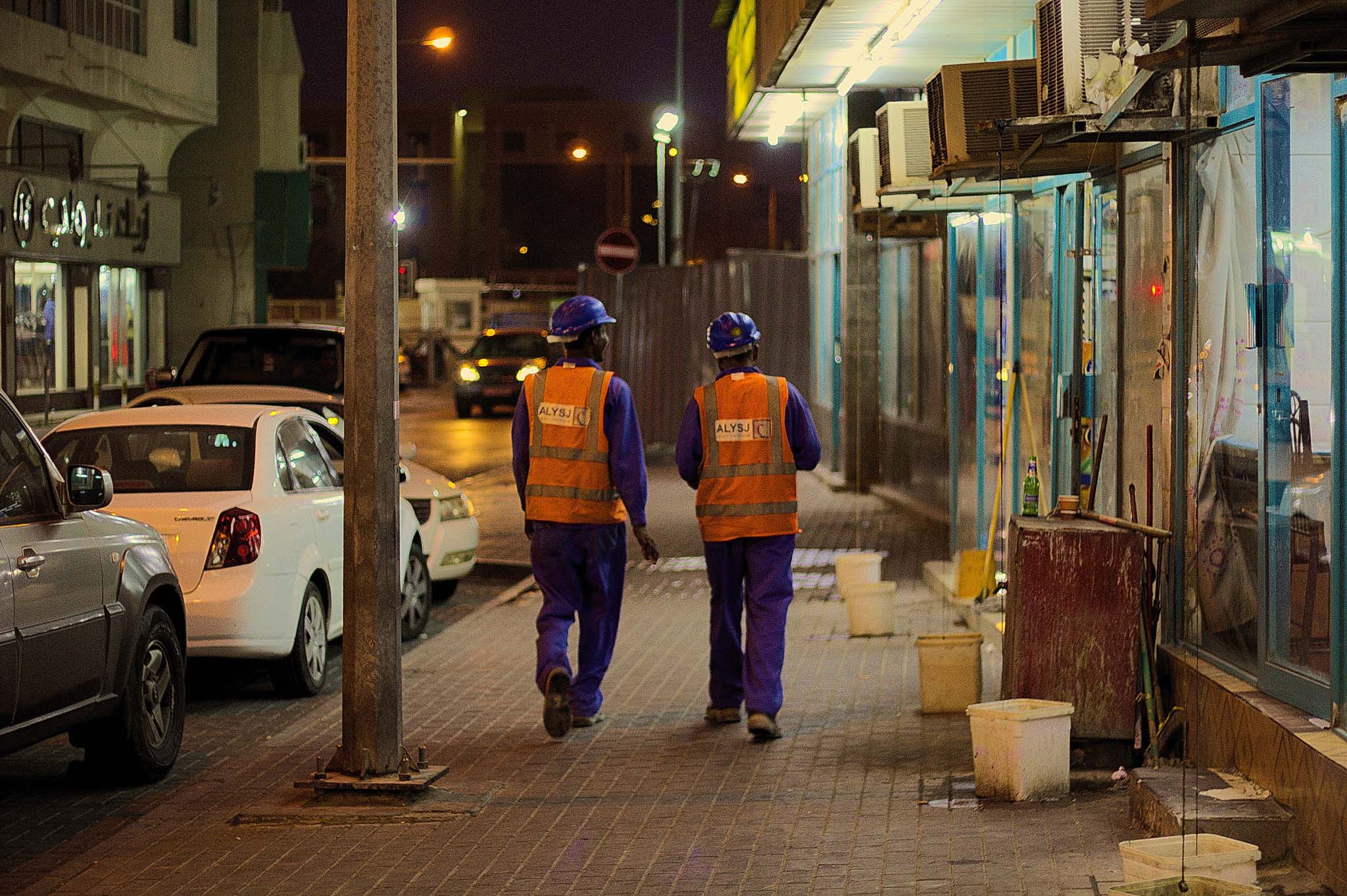
Contrary to the beliefs peddled by certain media outlets, Qatari construction workers are not thrust into dangerous working conditions without the appropriate preparation and education.
Indeed, Article 11 of the Labour Law State of Qatar, which is available to the public and viewable by anybody upon request, states that full training is a legal requirement, and a non-negotiable responsibility of any employer.
On a similar note, Health and Safety regulations are laid out in Article 42.
This states that all workers must ensure they are physically capable of performing the tasks asked of them, and that they must also ensure that neither they nor their colleagues are placed in any physical danger.
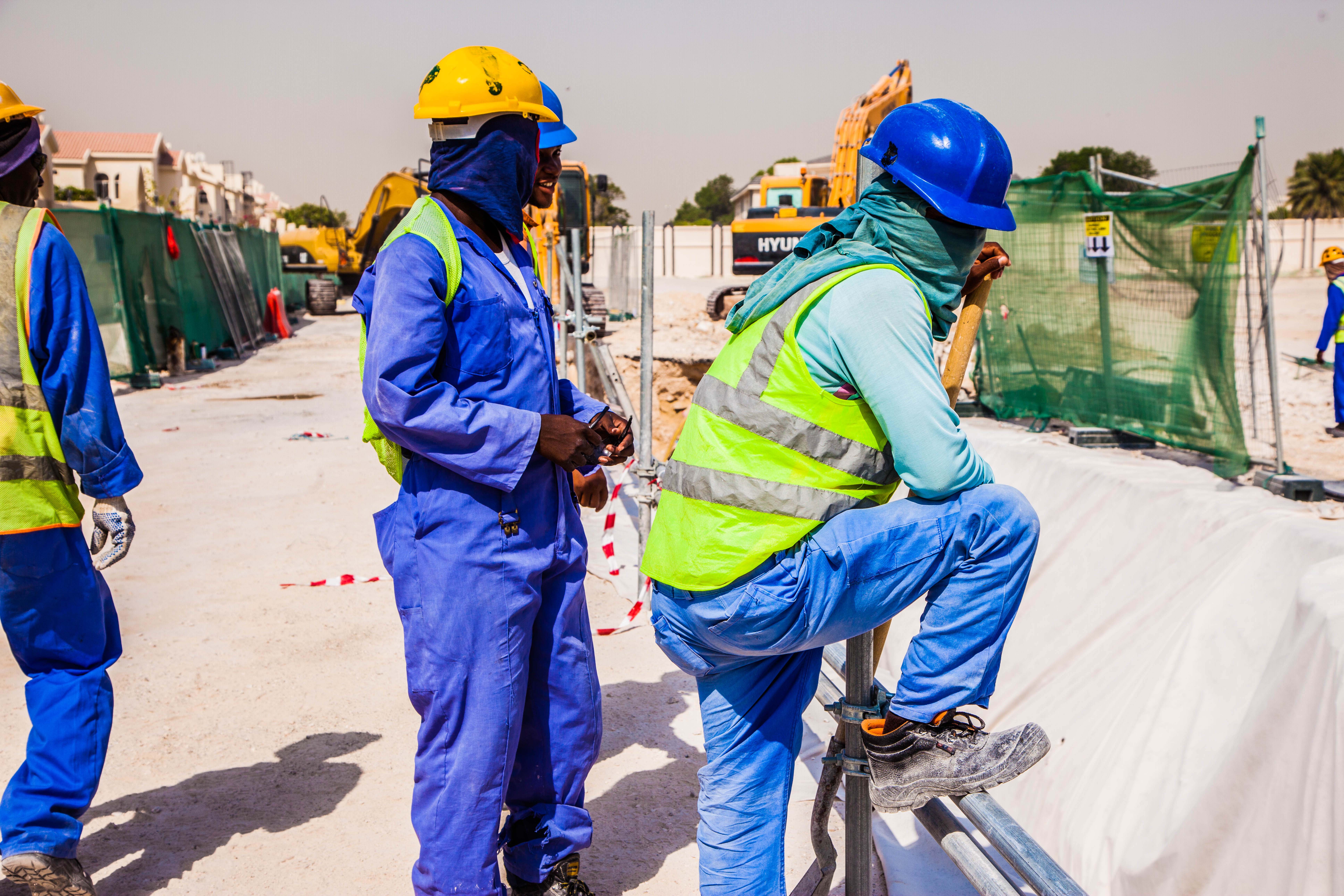
Article 44, meanwhile, protects the rights of the worker, stating that they must be suitably equipped to perform the tasks assigned, and that if reasons out of the individual’s control dictate that they are unable to do so, they are still to be treated as though they completed the task at hand.
Articles 99 to 115 continue to lay out very firm Health and Safety laws to protect workers, with great responsibility and legal responsibility placed at the feet of the employers.
Enforcement
Of course, laying down these laws is only part of the battle; enforcing them is quite another.
After all, by the letter of the law it is illegal to rip a copy of your favorite CD to your computer, but nobody is breaking down any doors for that.
Huge improvements are being made, such as the construction of a “Labor City”, a state-of-the-art accommodation complex that houses migrant workers.
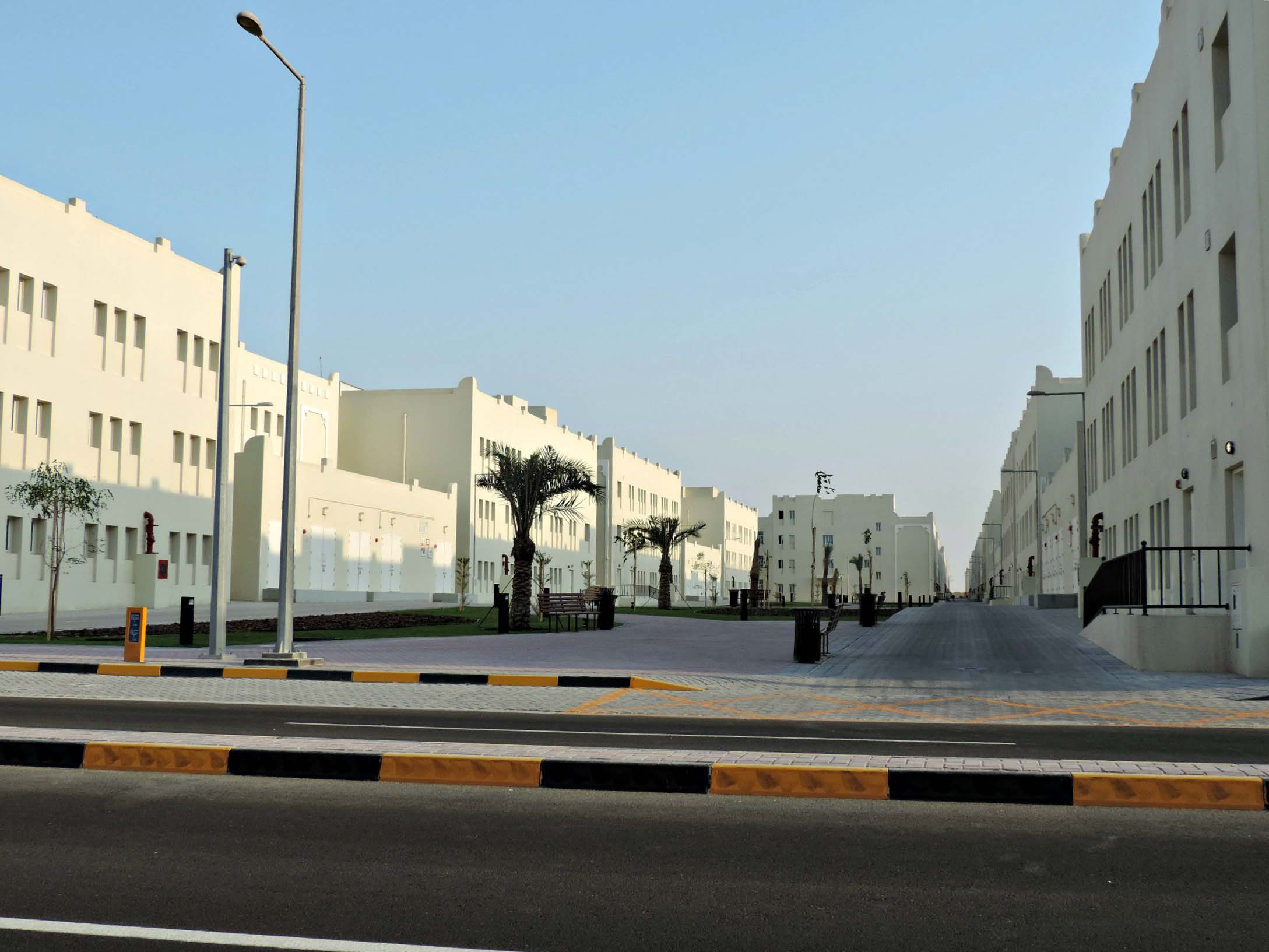
Even The Guardian had to begrudgingly accept that this is a positive step, though naturally they also find the time to make allegations of mistreatment in the same article.
The same newspaper also reported how several rogue employers were swiftly closed down by the nation’s labor ministry last year. Such efforts to eliminate any stains on Qatar’s reputation continue.
Even Britain’s Daily Mail, a newspaper famed for its hardline stance and lack of sympathy towards Middle Eastern nations, picked up on this story.
Meanwhile, calls to action are also being made for citizens to assist authorities in eliminating such mistreatments. It will take quite some time for the established narrative in the west to be altered, but work is being done.
Human trafficking
Qatar has long faced accusations of ‘human trafficking’ within the construction industry; indeed, the US State continues to watch the situation from afar.
Steps are being taken to alter this perception, however.
The Arab Initiative to combat human trafficking was launched during the Doha Foundation Forum 2010, alongside the Qatar Foundation for the Prevention of Human Trafficking. Alas, once again these claims appear to revolve around fictional denunciations.
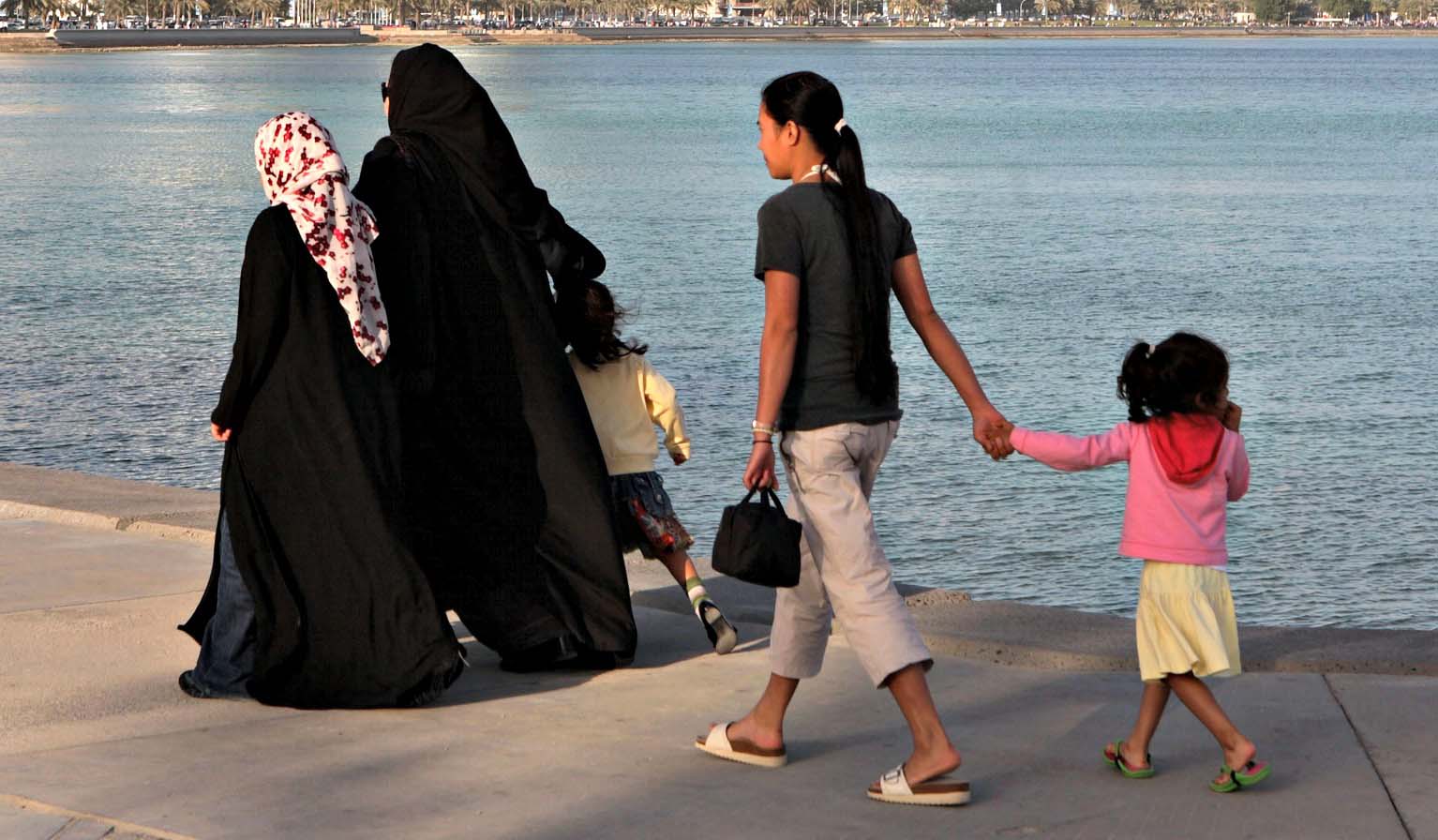
A popular claim among elements of the media is that workers in Qatar are not permitted to leave their contracts of their own volition, a statement disproved by a cursory glance at the Labor Law.
Article 47 dictates that detailed records are kept for all employees, ensuring that they are treated fairly, and Article 51 points out that any employee can terminate his or her employment at any time.
I would never be so bold as to claim that workers’ rights in Qatar are perfect, and contracts undoubtedly favor the rights of the employer in certain circumstances.
This, unfortunately, is a consequence of capitalism in private business enterprises – as is the occasional late payment of salaries, an unwelcome inconvenience that affects employees of all nations and creeds.
Elephant in the room
Article 73 restricts workers to the standard 40-hour working week with mandatory rest breaks, and any additional hours must be justified and compensated fairly.
Article 93, meanwhile, is pleasingly progressive, stating that any female worker must be paid the equivalent wage of a male counterpart and provided with the same opportunities, with maternity leave also available.

This makes a mockery of another frequent accusation, that female workers are treated less favorably than their male counterparts.
Now, we need to address the elephant in the room – the talk of excessive fatalities within the construction industry in Qatar.
Once again, we can turn to our friends at The Guardian, who provide some deeply unpleasant reading for any citizen of Qatar.
Leaving aside for one moment that the highly respected Forbes magazine has listed construction as one of the deadliest occupations in America, The Guardian pointed out that 44 workers died while working on construction sites in Qatar between June and August 2013.
I would never think of making light of this, and genuine thoughts and sympathies are extended to the families of these unfortunate souls.
However, construction is a dangerous industry, and this is the case worldwide.
Rome not built in a day
The privately contracted construction industry accounts for the largest amount of these workplace accidents, at over 20 percent, with a similar number also contracted by a government entity.
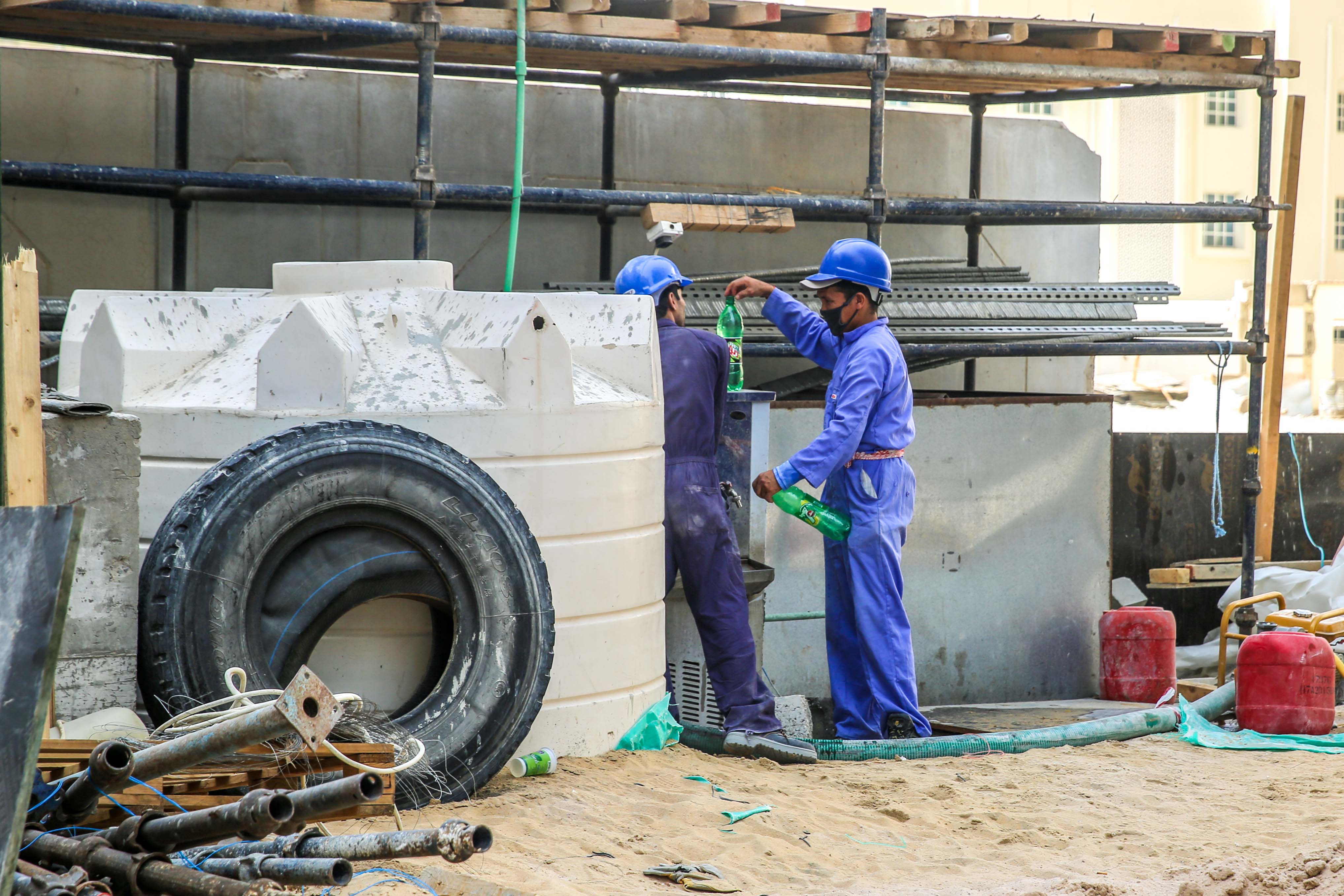
It is particularly interesting when we consider that the occupations of these workers fall in line with Qatari fatalities – laborers and manufacturers, roofers, and operators of heavy machinery.
2014, the year after The Guardian posted its alleged expose, saw the highest number of workplace fatalities in the US in six years, including a spike in mortalities for electricians – an occupation earmarked as having a suspiciously high fatality rate in The Guardian’s report.
Despite this, the United States does not face a similar scrutiny to Qatar. As always, it appears that a media narrative can spin and twist perspective on a situation until it is erroneously deemed to be an unimpeachable fact.
‘Not perfect’
Are things perfect in Qatar, and beyond improvement? Of course not. However, the same can surely be said of all places of employment and walks of life, and Rome was not built in a day.
With Qatar undergoing an increase in liberal attitudes, growing into a truly global nation, western attitudes towards the country began to soften as long as 10 years ago.
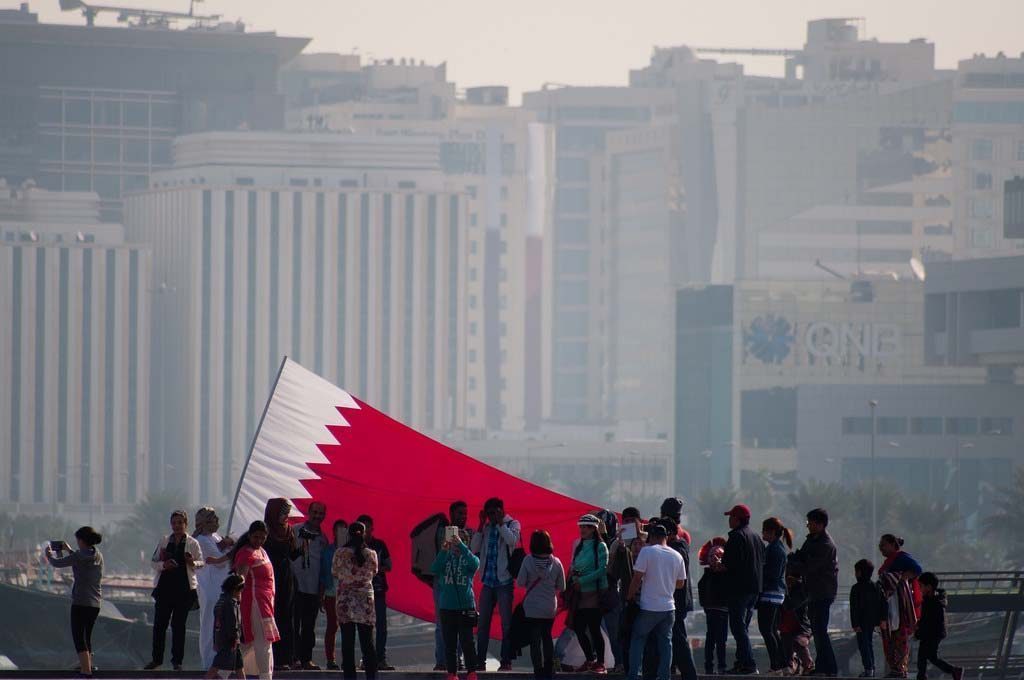
The nation of Qatar has unfortunately been swept up into a scandal beyond its control with recent events from FIFA, but steps are being taken to improve – steps that are turning into prominent strides.
We may live in a world of 24/7 news bulletins that thrive on negativity, but the media will surely soon need to find a new target to feed the misery machine.
When that day arrives, Qatar will extend a hand of friendship and understanding to challenge misconceptions with practicality.
Thoughts?
Disclaimer: The views expressed in this Opinion article are the author’s own and do not necessarily reflect Doha News’ editorial policy.

